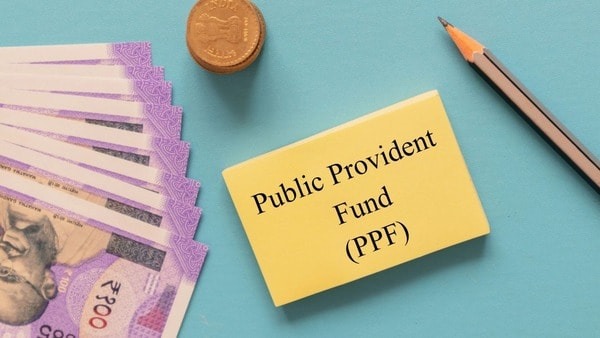PPF Account Interest Rules: PPF is a safe scheme for investors, with a maturity period of 15 years. The account can be extended after maturity, and interest continues to accrue even if no new deposits are made…
PPF Account Interest Rules: The Public Provident Fund (PPF) is one of the most reliable savings schemes for investors. Its maturity period is 15 years, but everyone wonders: What will happen to the account if investors stop making new deposits after this period, and whether they will receive any interest on it? Let’s find out.
Will the interest continue to be received for 15 years also?
The unique feature of a PPF account is that even after maturity, investors have the option to close the account and withdraw the funds, or extend it. If an investor does not fill out the extension form and does not deposit any new funds, the account enters passive extension mode. In this state, interest continues to accrue on the balance even if no new deposits are made.
Is the interest earned on PPF taxable?
Investors can deposit a minimum of ₹500 and a maximum of ₹1.5 lakh annually into PPF. This investment is tax-deductible under Section 80C of the Income Tax Act. Furthermore, the interest earned is tax-free. This is why this scheme is extremely popular among long-term savers and tax planners
After maturity, investors can extend the account for a period of 5 years. During this time, they can either make new deposits or continue to receive interest on the old balance. If investors choose the active extension option, they must deposit a minimum of ₹500 per year. However, if they choose the passive extension mode, they will continue to earn interest even without making any new deposits.
How much interest do you get now?
Currently, PPF offers an annual interest rate of 7.1%. This means that if an investor has a balance of ₹10 lakh in their account and doesn’t add any new funds, they will still earn approximately ₹71,000 in interest each year. This interest will continue to accrue to their account, and the balance will grow over time due to compounding.




